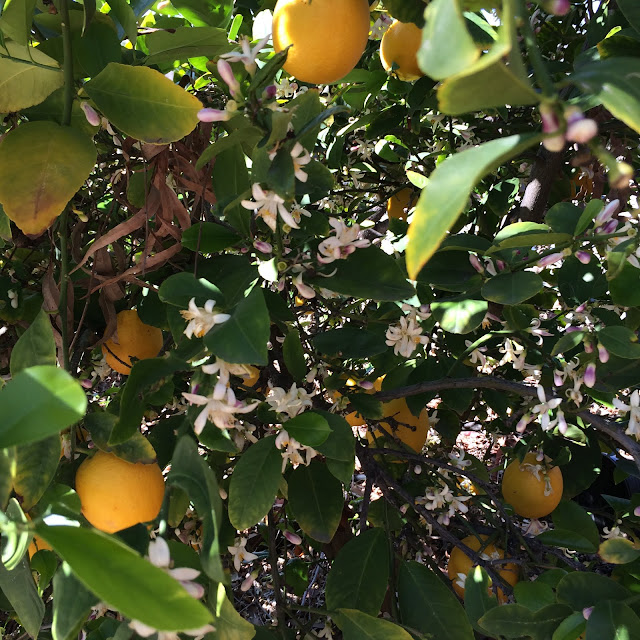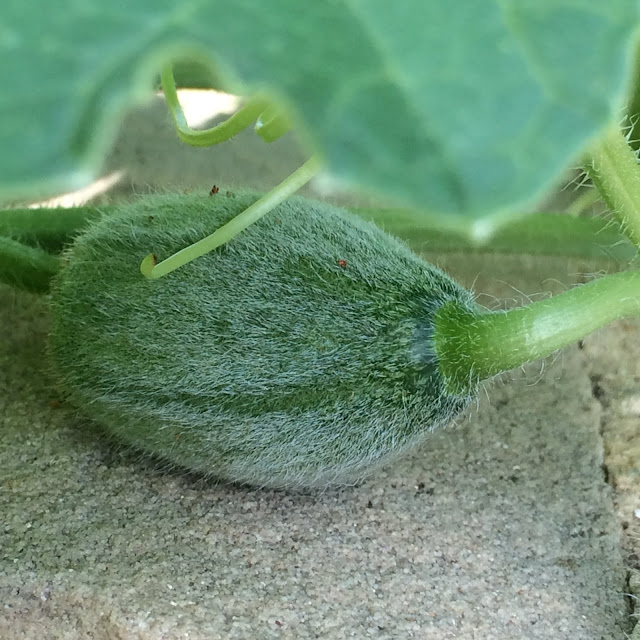I've hated the pool fence from the day it was installed. I felt it was ruining my fun, cramping my style and giving me eye-bleeds. I was obsessed with hating it, I admit.
This year our sons are respectively 25 and 18 and it occurred to me that they are adults. Adults who can be trusted to walk across the yard without accidentally dropping headfirst into the pool.
You know when you don't have a headache, or you don't have the flu, you take it for granted. Only when you get that headache and you get that flu do you realize how well you had it before: when you felt good, when you were gloriously healthy. An eyesore feels a bit like that. You can't stand it when it's there. You obsess (ok maybe you don't, congratulations for being such a level-headed, mature individual), you think that when it will be gone you'll be deliriously happy.
But you don't. Instead you take brief note of the improvement and go on with your life.
Still, I'm pretty glad that my garden is no longer an annex of Alcatraz.
Before: (not exactly the same angles, so shoot me)

After:

Before:

After:

Before: (note the new bed, ready for planting)

After:

Here is lunch and dinner by the way. It's August and we can't pick vegetables fast enough.





































